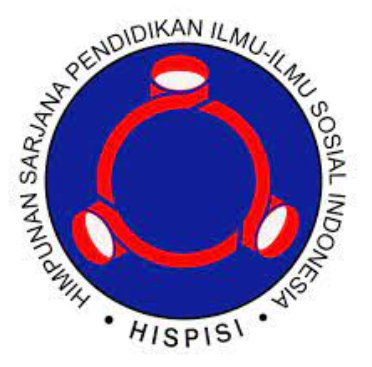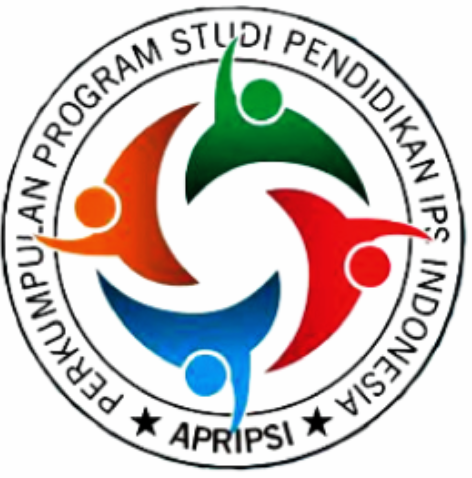Resistensi Majelis Luhur Kepercayaan TErhadap Tuhan Yang Maha Esa Indonesia (MLKI) Dalam Mempertahankan Keyakinan Yang Dianut
DOI:
https://doi.org/10.21009/EIPS.003.1.01Keywords:
Resistence, Penghayat Kepercayaan, Majelis Luhur Kepercayaan Terhadap Tuhan Yang Maha Esa Indonesia, MLKI, Beliefs, KepercayaanAbstract
Abstract
This research aims to: To know the process of resistance that occurs in the community of Penghayat Kepercayaan. To find solution for solving social problems especially inter-religious discrimination in Indonesia. This research conducted at Secretariat of MLKI, Lubang Buaya, East Jakarta. The methodology of this research is qualitative approach, data collected technique by interview, observation, and literature review. Data analysis ofthis research use data reduction, data display, conclusion and verification. Based on the result of this research it is known that discrimination occur against Penghayat Kepercayaan. Therefore Penghayat Kepercayaan do resistance against government policy and attempted to remove negative stigma that attached to them. Resistance which is conducted tend to closed resistance and opened resistance.
Keyword: Resistence, Penghayat Kepercayaan, Majelis Luhur Kepercayaan Terhadap Tuhan Yang Maha Esa Indonesia (MLKI), Beliefs
Downloads
Published
How to Cite
Issue
Section
License
Authors who publish with this journal agree to the following terms:
- Authors retain copyright and grant the journal right of first publication with the work simultaneously licensed under a Creative Commons Attribution ShareAlike License that allows others to share the work with an acknowledgement of the work's authorship and initial publication in this journal.
- Authors are able to enter into separate, additional contractual arrangements for the non-exclusive distribution of the journal's published version of the work (e.g., post it to an institutional repository or publish it in a book), with an acknowledgement of its initial publication in this journal.
- Authors are permitted and encouraged to post their work online (e.g., in institutional repositories, pre-prints sites or on their website) prior to and during the submission process, as it can lead to productive exchanges, as well as earlier and greater dissemination of published work






